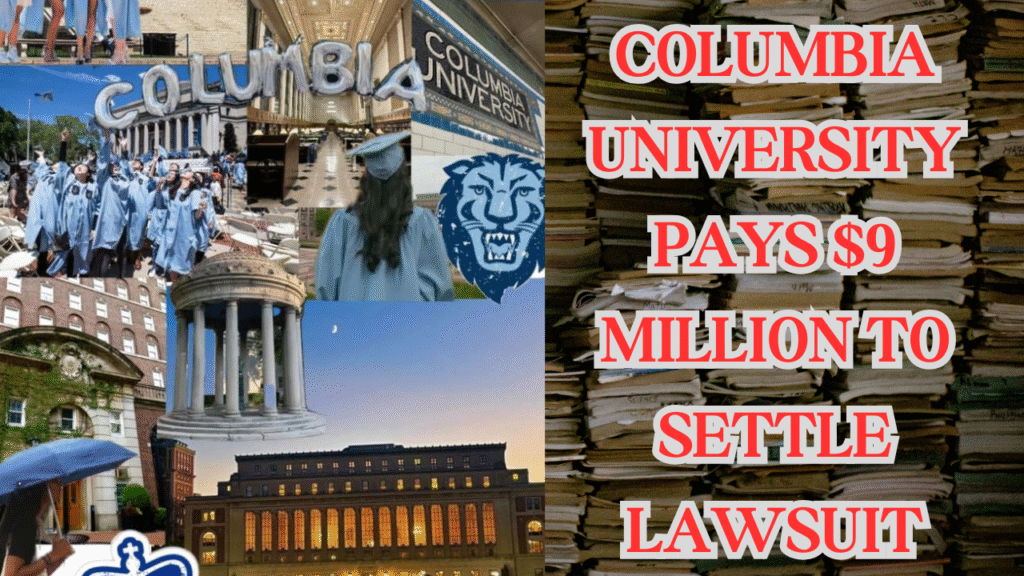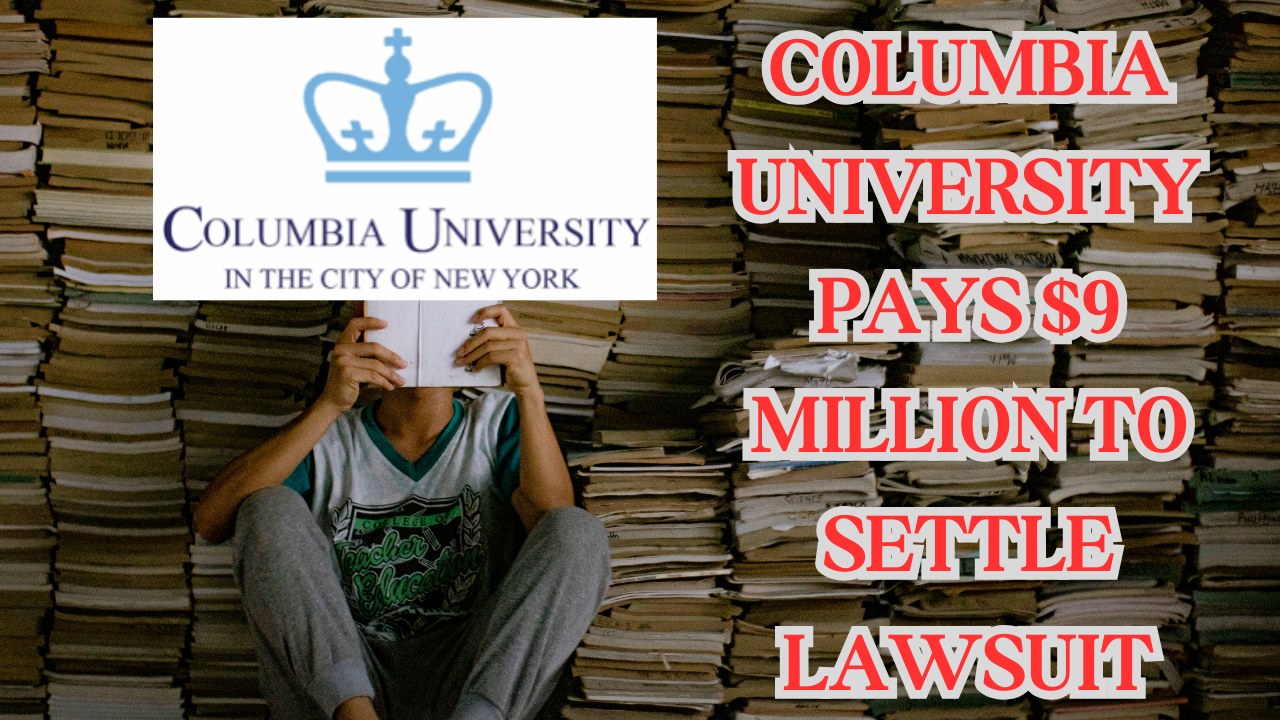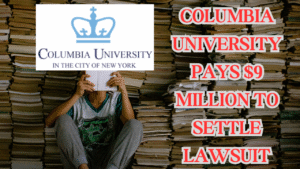Columbia University Pays $9 Million to Settle Lawsuit
Columbia University has agreed to pay $9 million to settle a lawsuit filed by its students. The students claimed that the university provided false information to U.S. News & World Report, which is used to rank colleges and universities.
What Happened?
The students said that Columbia University reported incorrect data about its classes, including the number of students in each class. This made the university look better in the rankings than it actually was. The students believed that this false information tricked them into enrolling in the university and paying high tuition fees.
How Did This Happen?
A professor at Columbia University, Michael Thaddeus, discovered that the university’s data was incorrect. He published a report about it, and soon, many students came forward saying they were misled by the false information. The university’s ranking dropped significantly after the incorrect data was discovered.

What Did the University Do?
Columbia University admitted that its data was incorrect and apologized for the mistake. The university also said it would start providing accurate information to prospective students. In fact, Columbia University decided to stop participating in the U.S. News & World Report rankings because it felt that the rankings had too much influence on students’ decisions.
What Does the Settlement Mean?
The $9 million settlement will be divided among about 22,000 former undergraduate students who attended Columbia University between 2016 and 2022. After paying legal fees, the students will receive about $273 each. The settlement is a significant amount of money, and it shows that the university takes responsibility for its actions.
Why Is This Important?
This case highlights the importance of honesty and transparency in education. Students and their families rely on accurate information to make informed decisions about their education. When universities provide false information, it can have serious consequences. This settlement serves as a reminder that universities must be truthful and transparent in their reporting.
What Can We Learn?
This incident teaches us that honesty is crucial in education. Universities must provide accurate information to students and prospective students. Students and their families should also be cautious and do their research before making decisions about their education.
Additional Information
- The Lawsuit: The lawsuit was filed in Manhattan federal court, and the university denied wrongdoing but agreed to settle the case.
- The Settlement: The settlement covers about 22,000 former undergraduate students who attended Columbia University between 2016 and 2022.
- The University’s Response: Columbia University said it “deeply regrets deficiencies in prior reporting” but did not formally admit wrongdoing ¹.
Conclusion
The settlement between Columbia University and its students is an important reminder of the need for honesty and transparency in education. The university’s decision to provide accurate information and stop participating in the rankings shows that it is taking steps to correct its mistakes. This incident can serve as a learning experience for universities and students alike.
It’s worth noting that Columbia University was involved in another lawsuit in 2014, where it agreed to pay $9 million to settle claims that it submitted false claims regarding federal research funds. The university’s Mailman School of Public Health was accused of wrongly charging grants for work that didn’t relate to the funded projects ² ³.
In conclusion, honesty and transparency are essential in education. Universities must provide accurate information to students and prospective students. By doing so, they can build trust and ensure that students make informed decisions about their education.





